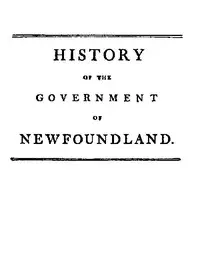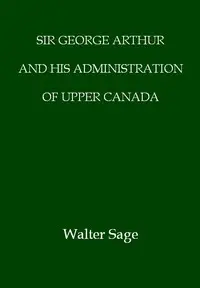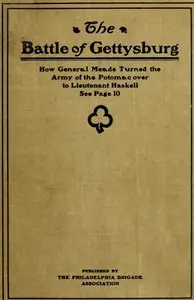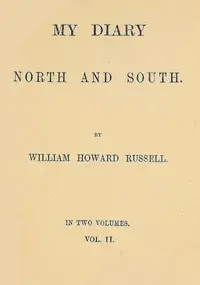"History of the Government of the Island of Newfoundland" by John Reeves is a late 1700s narration about how Newfoundland was ruled, paying close attention to the troubles that arose between the people who lived there and merchants, mostly over how to use the resources and who had the authority. The book examines legal documents, rules, and how the government changed over time. It begins with the author thinking about his time in Newfoundland, which made him want to study its history of governance. From his research, it lays bare the complex relationship between the planters who wanted protection and the merchants who didn’t want the government to mess with their fishing businesses so they could make money. Reeves also explains important laws and events that molded Newfoundland's government, preparing readers for the struggles and solutions its early people had to deal with.

History of the government of the island of Newfoundland With an appendix containing the Acts of Parliament made respecting the trade and fishery
By John Reeves
Uncover the battle between settlers and merchants on a rugged island as they clash over resources and power, shaping the very fabric of its government.
Summary
About the AuthorJohn Reeves was a legal historian, civil servant, British magistrate, conservative activist, and the first Chief Justice of Newfoundland. In 1792 he founded the Association for Preserving Liberty and Property against Republicans and Levellers, for the purpose suppressing the "seditious publications" authored by British supporters of the French Revolution—most famously, Thomas Paine's Rights of Man. Because of his counter-revolutionary actions he was regarded by many of his contemporaries as "the saviour of the British state"; in the years after his death, he was warmly remembered as the saviour of ultra-Toryism.
John Reeves was a legal historian, civil servant, British magistrate, conservative activist, and the first Chief Justice of Newfoundland. In 1792 he founded the Association for Preserving Liberty and Property against Republicans and Levellers, for the purpose suppressing the "seditious publications" authored by British supporters of the French Revolution—most famously, Thomas Paine's Rights of Man. Because of his counter-revolutionary actions he was regarded by many of his contemporaries as "the saviour of the British state"; in the years after his death, he was warmly remembered as the saviour of ultra-Toryism.














